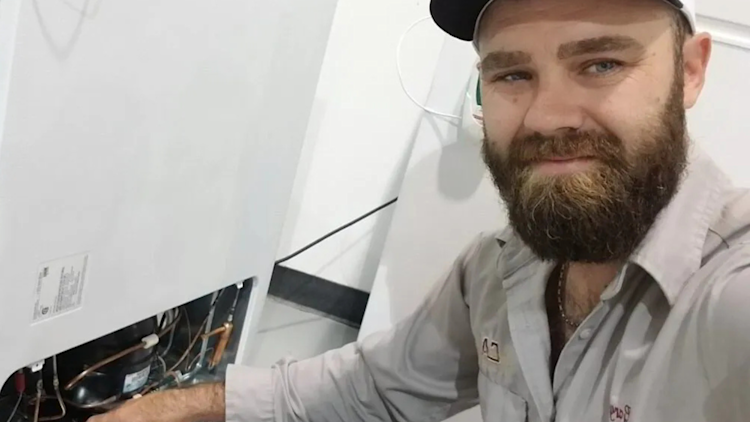How ecobee is Helping Improve the ENERGY STAR Thermostat Certification
U.S. EPA expert discusses the key role ecobee data plays in testing and improving the ENERGY STAR thermostat certification.
by ecobee on 09/28/2022 in Experts
6 min read
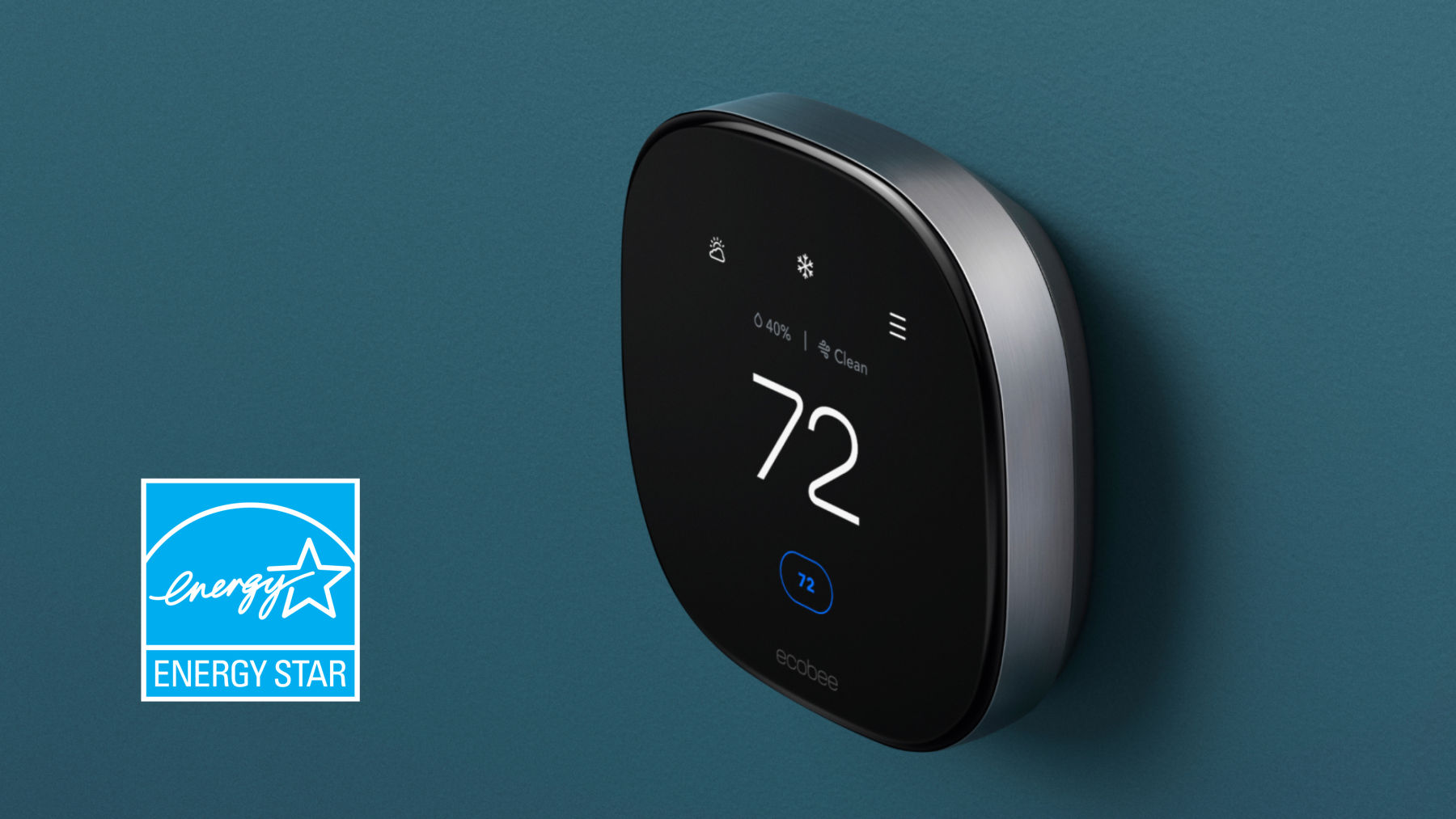
More than 200,000 ecobee Smart Owners have opted-in to ecobee’s one-of-a-kind Donate Your Data program, creating a unique window into energy use in the home, and making it the world’s largest home energy efficiency dataset.
By sharing the anonymized data from customers who have opted in, ecobee is helping researchers around the globe in their studies aimed at creating a more sustainable and healthier future for communities.
“A big part of our impetus for starting ecobee was to transform scientific research and make breakthroughs possible,” said Stuart Lombard, ecobee founder and CEO.
“At that time [2007], energy efficiency studies were limited to a handful of homes because the cost to equip homes with the proper instruments was prohibitive.”
Following through on Stuart’s vision, the team launched Donate Your Data in 2017.
Since then, Abigail Daken, an environmental engineer at the Environmental Protection Agency (EPA), has been using the dataset to test and improve the ENERGY STAR smart thermostat certification algorithm.
“The ENERGY STAR mark makes it simple for consumers to make energy-efficient decisions, but it’s quite difficult for us—and Donate Your Data has made it easier to tell when we’re doing it right,” said Daken.
We sat down with Daken to discuss how the Donate Your Data (DYD) dataset has helped improve the algorithm and where research is headed for wider HVAC equipment testing.
ecobee Citizen: What is your field of study?
Daken: My work at the EPA is in trying to understand technical details of how heating and cooling products save energy to give simple and clear advice to people who purchase those products.
Part of the EPA’s mission is to ensure all parts of society have access to accurate information to effectively participate in managing environmental risks—and we make that happen with ENERGY STAR smart thermostat energy savings testing.
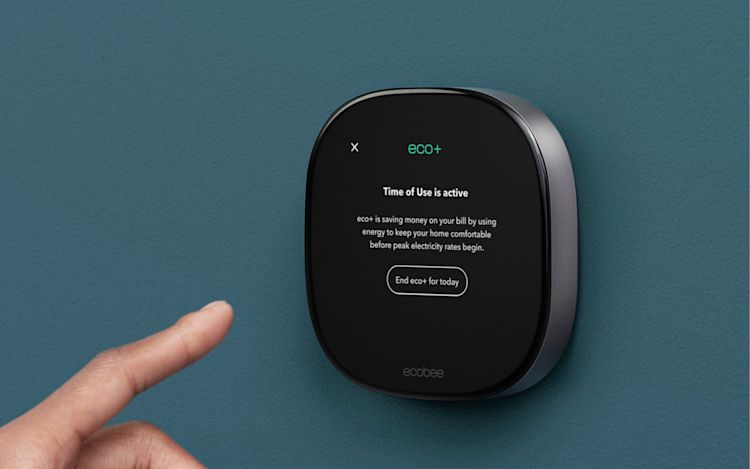
ecobee Citizen: What interested you in thermostat energy savings?
Daken: I started on thermostat labelling on my very first day at the EPA back in 2010. Before smart thermostats came about in 2009, there were programmable thermostats, which allow the user to set the temperature lower or higher throughout the day depending on their preference. However, we found that even though programmable thermostats could save energy by helping people schedule their heating and cooling, they weren’t well correlated to actual energy savings.
With the advent of smart thermostats, we had the option of demonstrating energy savings not on what the thermostat could theoretically do, but on how people were actually using it in their homes.
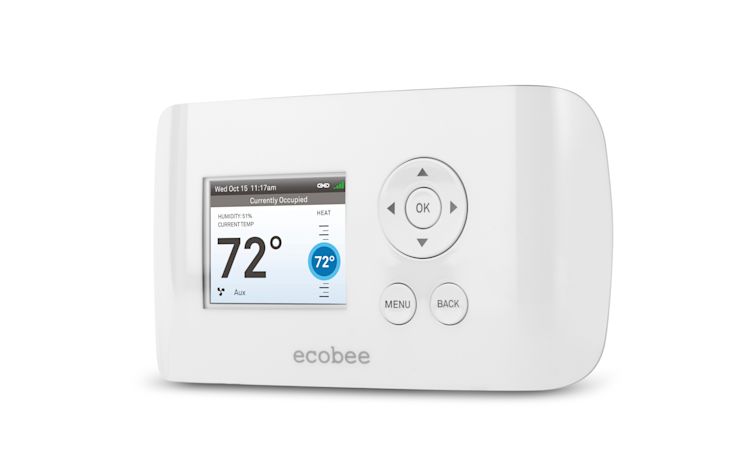
ecobee Citizen: How did you use the dataset in testing the algorithm?
Daken: I wish we had this data when we initially developed this algorithm! But DYD hadn’t been established yet. Instead, we had to write software, send it to thermostat vendors to test, see just the results (without the input data), and then revise and do it again. It was very confusing and very slow, but in 2017, the EPA created a program to certify the performance of ENERGY STAR-connected thermostats. Our standard for thermostats became the first in the world to judge energy savings from products in the field rather than from lab testing. That same year, your DYD program launched. Our new standard could now analyze the runtime and temperature information from the homes of ecobee smart thermostat users and then aggregate that information over a sample of homes.
ecobee is the only company willing to share its customers’ anonymized data, data that helps us see how people actually use their smart thermostats.
ecobee Citizen: How is the ecobee dataset being used now?
Daken: Since then, we’ve continuously worked on improving the metric and the program and ecobee has supported us along the way. ecobee is still the only thermostat maker that provides us access to a real-world dataset. It is our primary access to test data and is especially useful in developing the capacity of this software to analyze more complex equipment.
The DYD program was key to improving the ENERGY STAR algorithm so that we can use it with a wider variety of HVAC equipment to test energy savings.
ecobee Citizen: What do you mean by more complex equipment?
Daken: Previously, we were able to analyze energy savings for single-speed HVAC equipment. Now that we have access to ecobee data from two-speed equipment, we can analyze data from more homes.
There’s a second aspect to this. With electric-powered heat pumps becoming the primary type of heating equipment in American homes, and hopefully worldwide, creating smart thermostat algorithms that can control them efficiently is of increasing importance. DYD is helping us develop a better metric for avoiding low-efficiency modes in heat pumps. This means using as little inefficient electric resistance backup heat as possible and making better decisions on switching between the heat pump and the furnace or boiler backup system. In the case of a fuel-fired backup system, a homeowner may prefer to switch between the heat pump and fuel backup based on what's most economical or to use the heat pump as much as possible, which is better for the environment.
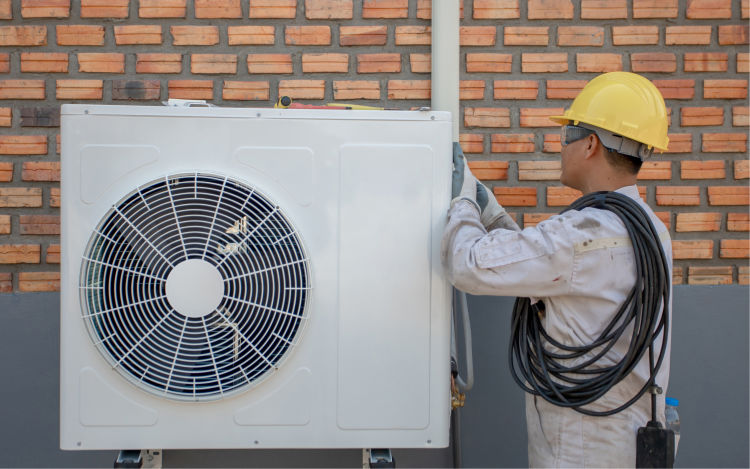
ecobee Citizen: Are we able to see how much energy ecobee thermostats are saving?
Daken: Since there are so many factors that go into the metric, we don’t publish the scores for the thermostats we test. We do know that the default schedule that ecobee thermostats ship with is a large part of how users save energy, and it works for an astonishing number of users as it is.
ecobee was notably the second Energy Star-recognized smart thermostat and has been a valuable partner in judging the savings from smart thermostats from the very beginning.
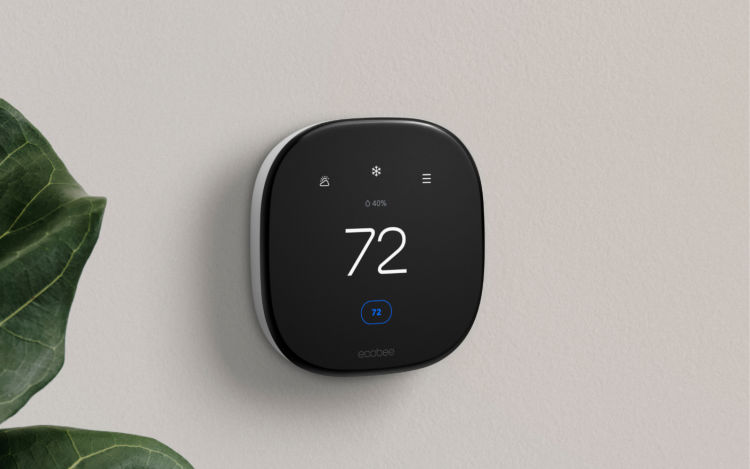
ecobee Citizen: Is there anything else you want to add about your work?
Daken: I personally want to thank every Donate Your Data participant. The ability for us to have real user data to work with as we try to do this complicated thing of giving simple advice has been very helpful.
Interested in joining over 200,000 ecobee customers and helping engineers like Abigail Daken develop better algorithms to track energy savings in HVAC systems? Sign up for Donate Your Data in a few short steps:
-
Open the ecobee app.
-
Tap the Account icon in the top-left corner.
-
Select Donate Your Data.
-
Toggle on Donate Thermostat Data.
-
Learn how your data is anonymized and your privacy protected, then tap Accept & Join.
About Abigail Daken
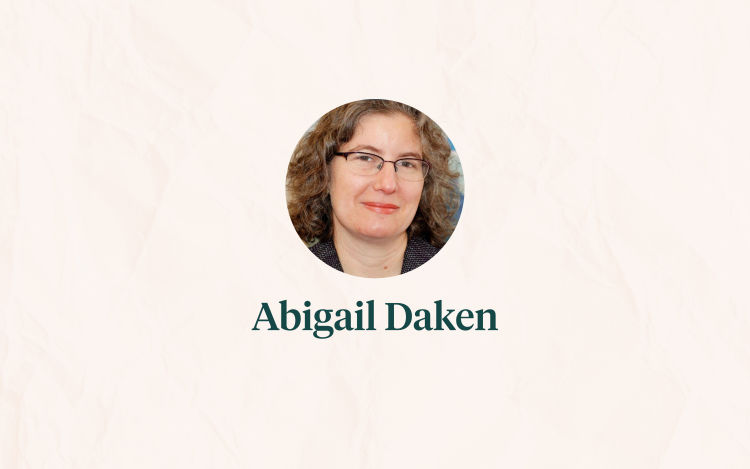
Ms. Daken led the development of EPA’s innovative Connected Thermostat specification, which recognizes products that save energy based on how they are used in the homes of actual subscribers. She also manages the requirements for ENERGY STAR heating, cooling, and water heating products, and the grid responsiveness elements of all ENERGY STAR specifications.
Did you enjoy this article?
Thanks for letting us know!

